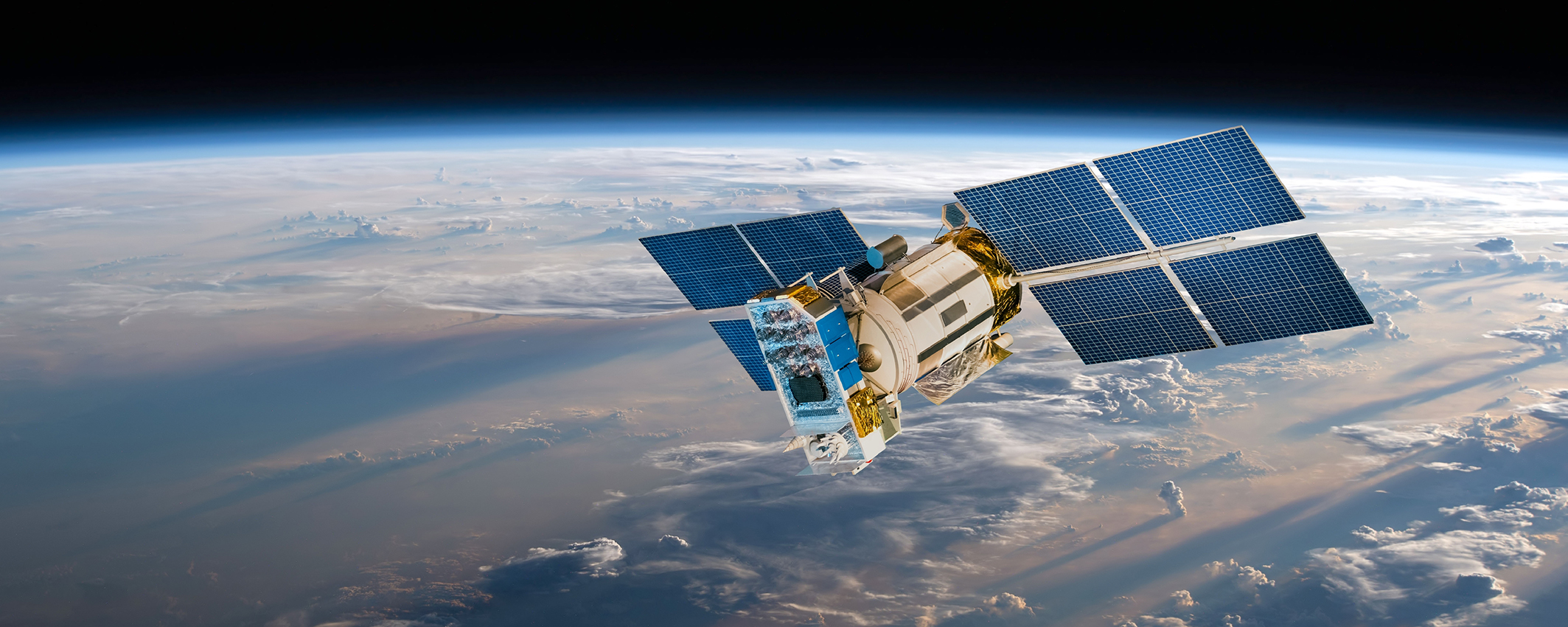 |
CCST9083 Science, Technology and Big DataEarth as Seen by SatelliteThis course is under the thematic cluster(s) of:
|
Course Description
Our planet Earth is experiencing unprecedented environmental changes, such as climate warming, sea level rise, intensified wildfires, prolonged flooding and droughts, agricultural expansion, and intensification, and worsened water and air pollution. These changes largely result from human activities and seriously impact the sustainability of human life. Earth observations based on satellite remote sensing enable environmental, social, and economic monitoring of our changing planet. This course will summarize current observational capabilities, present how satellite data can contribute to understanding the functions and interactions of Earth’s sub-systems (e.g., atmosphere, biosphere, cryosphere, and hydrosphere), and provide the application examples of environmental change at regional to global scales, such as forest disturbance, water quality, carbon emission, air/water/soil pollution, natural disasters, agricultural production. These are highly related to some crucial sustainability issues, so this course will, directly and indirectly, address multiple sustainable development goals (SDGs), including SDG 2 (Zero hunger), SDG6 (Clean water and sanitation), SDG 10 (Reduced inequalities), SDG11 (Sustainable cities and community), SDG13 (Climate action), SDG 14 (Life below water) and SDG15 (Life on land), in the 2030 Agenda for Sustainable Development set by the United Nations in 2015.

Course Learning Outcomes
On completing the course, students will be able to:
- Understand how human can observe the Earth from space, how the Earth, as a system, functions, and two major challenges our society are currently faced: environmental change, particularly climate change, and sustainable development
- Apply the basic skills for processing big Earth data through cloud storage and cloud computing (GEE), as well as analytical skills to address the critical issues of environmental change and sustainable development by using geo-spatial information.
Offer Semester and Day of Teaching
First semester (Wed)
Study Load
| Activities | Number of hours |
| Lectures | 24 |
| Tutorials | 10 |
| Seminars | 5 |
| Laboratory | 6 |
| Reading / Self-study | 24 |
| Assessment: Essay / Report writing | 15 |
| Assessment: Presentation (incl preparation) | 25 |
| Assessment: In-class quizzes | 4 |
| Assessment: Peer evaluation | 10 |
| Assessment: Case study | 15 |
| Total: | 138 |
Assessment: 100% coursework
| Assessment Tasks | Weighting |
| Case study | 20 |
| Group project | 30 |
| Essay | 30 |
| In-class quizzes | 20 |
Required Reading
- Amundson, R., Guo, Y., & Gong, P. (2003). Soil diversity and land use in the United States. Ecosystems, 6, 470-482.
- Garcia-Soto, C., van der Meeren, G. I., Busch, J. A., Delany, J., Domegan, C., & Dubsky, K. (2017). Earth Observations in Support of the 2030 Agenda for Sustainable Development. Japan Aerospace Exploration Agency (JAXA) on Behalf of GEO. [Selected chapters]
- Grill, G., Lehner, B., Thieme, M., Geenen, B., Tickner, D., Antonelli, F., Babu, S., Borrelli, P., Cheng, L., Crochetiere, H., & Ehalt Macedo, H. (2019). Mapping the world’s free-flowing rivers. Nature, 569(7755), 215-221.
- Latour, B. (2018). Gaia 2.0: Could humans add some level of self-awareness to Earth’s self-regulation? Science, 361(6407), 1066-1068.
- Lenton, T. (2016). Earth system science: a very short introduction (Vol. 464). Oxford University Press. [Selected chapters]
- Mace, G. M., Barrett, M., Burgess, N. D., Cornell, S. E., Freeman, R., Grooten, M., & Purvis, A. (2018). Aiming higher to bend the curve of biodiversity loss. Nature Sustainability, 1(9), 448-451.
- Singh, A. (2005). One planet, many people: atlas of our changing environment. UNEP/Earthprint. [Selected chapters]
Course Co-ordinator and Teacher(s)
| Course Co-ordinator | Contact |
| Professor S. Liang Department of Geography, Faculty of Social Sciences |
Tel: 3917 7113 Email: shunlin@hku.hk |
| Teacher(s) | Contact |
| Professor S. Liang Department of Geography, Faculty of Social Sciences |
Tel: 3917 7113 Email: shunlin@hku.hk |
| Professor H. Zhang Department of Geography, Faculty of Social Sciences |
Tel: 3917 7022 Email: zhanghs@hku.hk |

